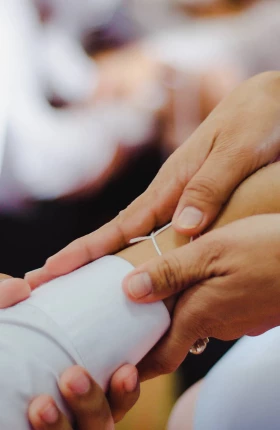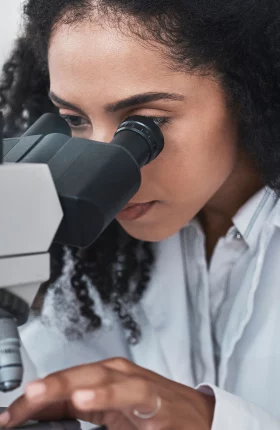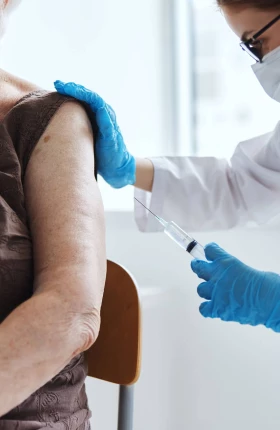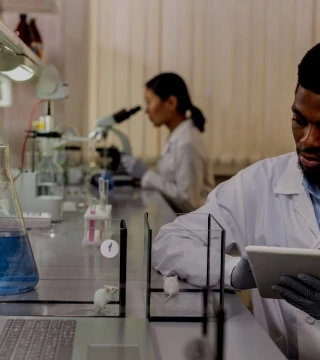The Obstacle
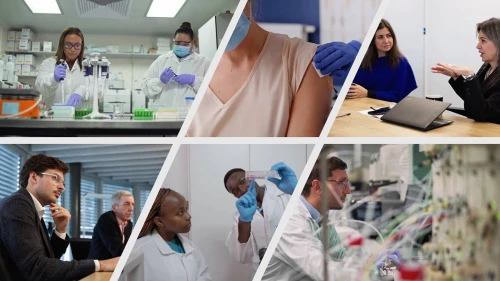
Thibault Collin and Johanna Benesty
This is a modal window.

Thibault Collin and Johanna Benesty
Achieving health equity is no longer just a human rights issue. It’s become a business imperative as well. Both public and private sector organizations face growing pressure from investors, civil society, health care providers, and patients to address inequities in health care.
MPP plays a pivotal role in this effort. Established with the support of Unitaid in July 2010, MPP's mission is to enhance access to innovative medicines and health technologies in LMICs. They do so by collaborating with leading pharmaceutical companies to secure voluntary licenses for essential medicines, enabling the sublicensing and manufacturing of generics for areas in need—thus bridging the gap between innovation and accessibility.
MPP’s first goal target, in 2010, was addressing the production and distribution of new patented drugs for treating HIV in lower-income populations. Later, during the COVID-19 pandemic, the disparities in access to life-saving healthcare technologies between high-income countries and LMICs were brought into even sharper contrast. Essential vaccines, readily available in wealthier nations, remained out of reach for many people in LMICs due to prohibitive costs and lack of manufacturing infrastructure. This only magnified the urgent need for equitable access.
To meet the moment, the MPP worked to facilitate the establishment of sustainable vaccine production in LMICs, leveraging their experience in managing licenses in multilateral setups.
The Approach
The mRNA Tech Transfer Programme—announced by director-general of the WHO and presidents of South Africa and France—is a groundbreaking initiative aiming to enhance vaccine manufacturing capabilities in LMICs in Africa.
A technology transfer “hub”—Afrigen, in South Africa—provides development, training, and technology transfer for the program’s partners, who are then able to develop, produce, and sell the products commercially to treat diseases that affect their region. Its core concept is empowering players in regional production to close the access gap in their respective regions.
Initially, the program focused on mRNA vaccines targeting COVID-19. But the vision is broader: the program encourages the development of critical mRNA vaccines and therapeutics that fight different diseases threatening LMICs—thereby ensuring the capacity built by the project will be sustained and available to combat the next pandemic.
BCG’s strategic involvement alongside MPP unfolded over several key phases, from the initial development of the concept to supporting the selection process for Afrigen and program partners to the program’s launch. Our involvement has continued through support for the fund-raising process and detailed planning to enable the operational ramp-up of the program.
This includes facilitating dialogue among public health organizations, private sector partners, and international donors to promote the program and ensure its success.
The Result
The program garnered substantial international support, receiving funding from a coalition of global partners, including France, Canada, the European Commission, the African Union, Germany, South Africa, Norway, Belgium, and the ELMA Foundation.
Afrigen successfully developed the first mRNA vaccine candidate, AfriVac 2121, and Phase 1 clinical trials are in the pipeline.
To date, all but one of the 15 program partners have received introductory training for developing the mRNA platform at country level, at Afrigen’s center for technology transfer in Cape Town.
Learn More About Health Equity
Meet Our Experts on Health Equity


EXPLORE OUR RELATED Capabilities and INSIGHTS
